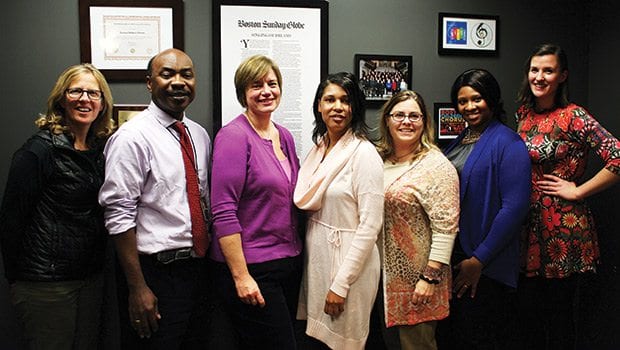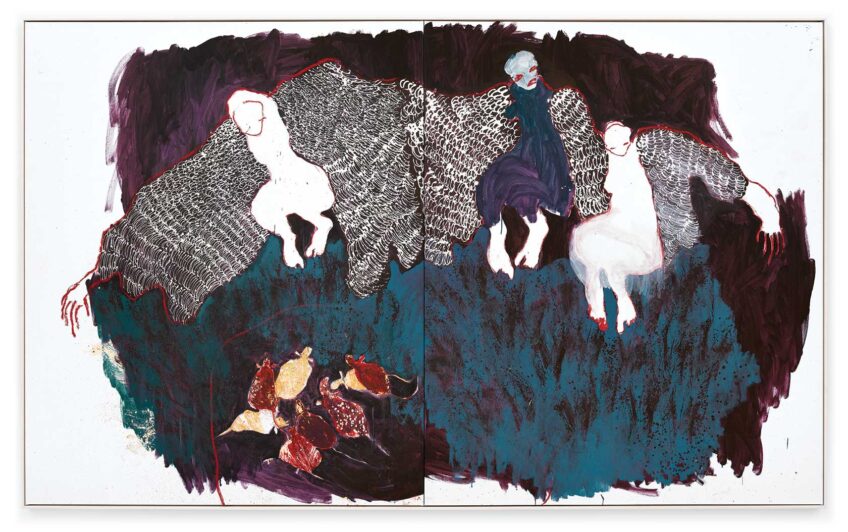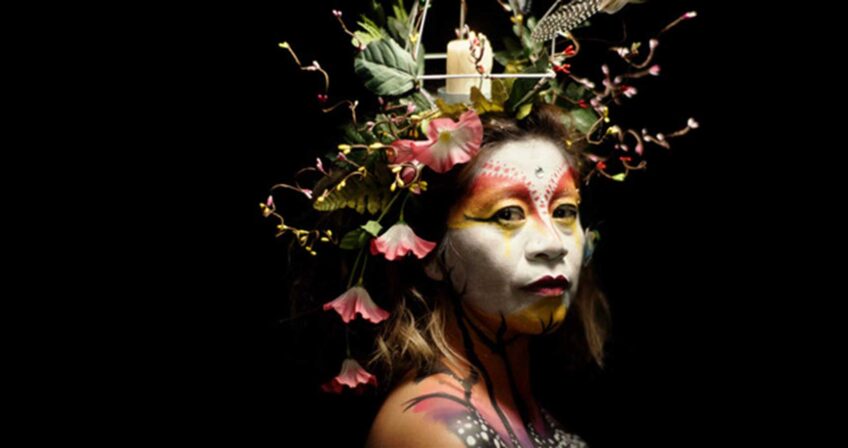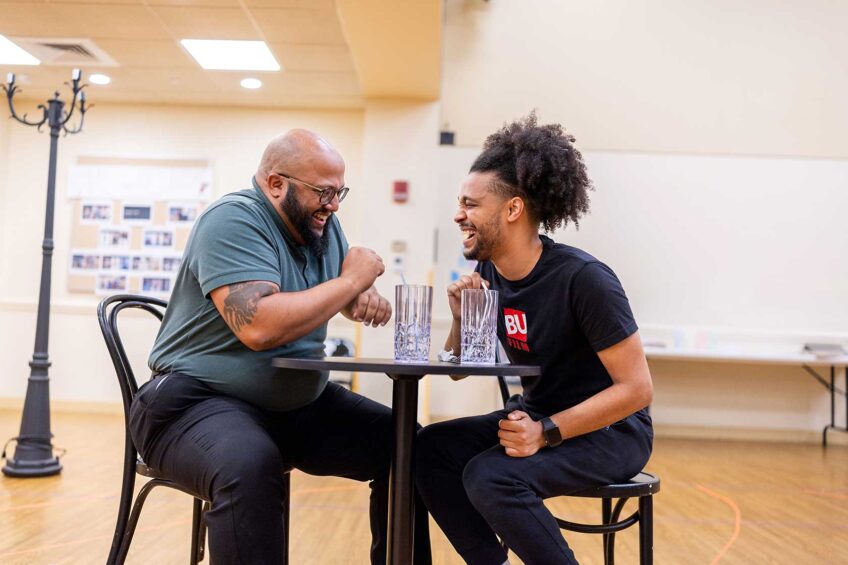
If You Go
What: BCC presents “Cross That River,” its 12th Annual Dr. Martin Luther King, Jr. Tribute Concert featuring the Premier Choir & Young Men’s Ensemble, Concert Choir
Where: Jordan Hall at New England Conservatory
When: 7 p.m. Monday, January 19. A cocktail and hors d’oeuvres reception will take place at 5:30 p.m.
Tickets: $15, $35, $45; Reception $40;
For more information visit www.bostonchildre….
Launched in 2003, the nationally renowned Boston Children’s Chorus was founded by the former dean of Boston University’s School of Social Work, Hubert “Hubie” Jones, as a way to bring together and unite Boston’s diverse communities through the power of music, and to inspire social change.
Comprising children and teens between the ages of seven and eighteen-years old, the organization contains 500 singers representing over 50 of Boston’s inner-city and suburban neighborhoods and twelve different choirs in five locations: the South End, Allston-Brighton, South Boston and Dorchester.
For the past nine to ten years, the goal of the BCC has been about focusing on the music programs and building musical collaborations. Now, the group wants to zero in on “how we continue to make an impact, especially on the social piece of our mission,” according to Ben Hires, BCC’s Director of Programs.
One of the unique features about the Boston Children’s Chorus is that it not only “teaches musical harmony but it also teaches social harmony.” Hires discussed at length how they’re steadily working to bring diverse groups of people together and are asking the question, “How can music be used to unpack these societal issues that our country is facing right now?”
An opportunity to address this question presented itself with a call from the national consultancy arts group ArtsFwd. As part of the grant process, organizations from around the country were directed to present a problem that didn’t have a traditional solution. BCC applied for the grant with their solution posing the question, “how do you use music to deal with a social issue like inequity or racism?” said Hires.
Sure enough it would find out. In December 2013, Boston Children’s Chorus was the recipient of the ArtsFwd Business Unusual National Challenge. They were awarded a package worth $35,000 in grants and facilitation services — the actual dollar amount was $15,000 — to support the nonprofit as they created an innovative new strategy over the next year to solve the question.
After winning the grant, the BCC team (including the staff, board, parents and community members) came up with three ideas to implement their solution to the question. The first step was to create a “social innovation lab” out of a storage space in their office. The lab has been fruitful in creating a space for the students to socialize and get to know one another.
The second step involved reaching out to the YWCA about their community dialogues program and jointly creating the YWCA’s Dialogues on Race and Ethnicity. It was a five-week program that ended in November 2014. Eighteen parents, mostly white and African American with a small Latino representation and one Asian family, met once a week for two hours and discussed personal stories of racism and bias, with the YWCA providing two facilitators to moderate the sessions.
The staff wasn’t sure what the outcome would be with the dialogues but the hope was that the parents would embrace it. From attending a few of the sessions, Hires observed that the parents were engaged, excited and energetic about the dialogues. So much so, that the eighteen parents formed a group within the Dialogues called the Parent Ethnic Council and also held a talk back for other parents to hear what the eighteen had learned.
A second session will take place with the YWCA so other parents can get involved, beginning sometime after the February school break. When asked if the dialogues would continue Hires said, “I do see it growing.”
The third goal, which was not as directly related as the first two, was testing out the concept of “Social Change through Choral Singing” with current and new stakeholders. According to Hires, the goal was to learn what resonates and where measurement and documentation was required.
“We wanted to give them [singers] an experience where they become more integrated in a particular community and engaged,” he said.
From these conversations, dialogues and experiments, BCC is becoming more intentional about how they get individuals and groups to reflect on their biases and how people are treated and how people are not treated. They’re also focusing on their budget and making sure that they’re dedicating resources to things like race training, the YW Dialogues, and materials for the kids.
“There’s no program that does this through choral music. The kids love to sing, and through those interactions BCC is exposing the kids to the diversity of the world,” says Hires.






